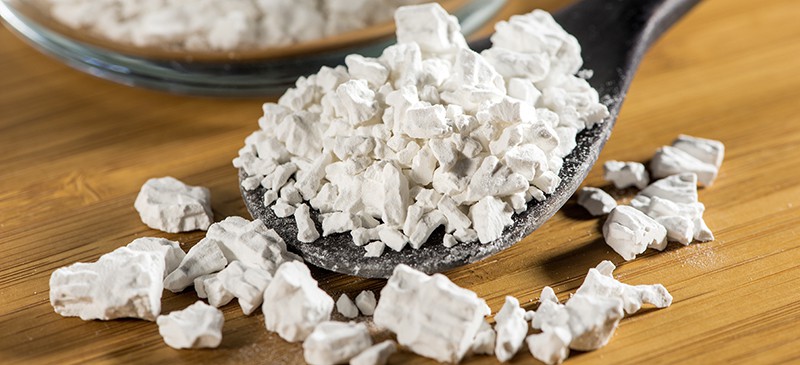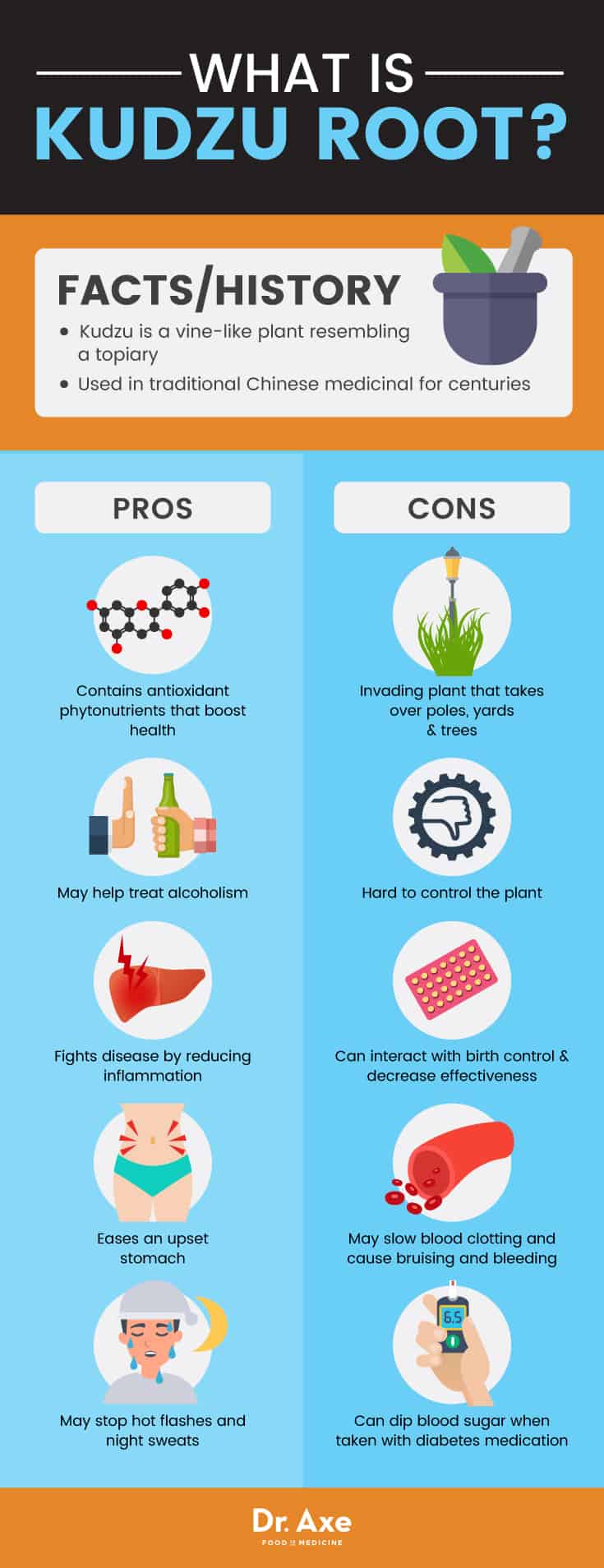This Dr. Axe content is medically reviewed or fact checked to ensure factually accurate information.
With strict editorial sourcing guidelines, we only link to academic research institutions, reputable media sites and, when research is available, medically peer-reviewed studies. Note that the numbers in parentheses (1, 2, etc.) are clickable links to these studies.
The information in our articles is NOT intended to replace a one-on-one relationship with a qualified health care professional and is not intended as medical advice.
This article is based on scientific evidence, written by experts and fact checked by our trained editorial staff. Note that the numbers in parentheses (1, 2, etc.) are clickable links to medically peer-reviewed studies.
Our team includes licensed nutritionists and dietitians, certified health education specialists, as well as certified strength and conditioning specialists, personal trainers and corrective exercise specialists. Our team aims to be not only thorough with its research, but also objective and unbiased.
The information in our articles is NOT intended to replace a one-on-one relationship with a qualified health care professional and is not intended as medical advice.
Kudzu Root: Beneficial Herb or Just a Hyped Plant Invader?
May 23, 2017

If you have ever driven through the South and looked into fields and wooded areas noticing a vine-like plant resembling a topiary, chances are that plant was kudzu. Kudzu root, also known as kuzu, is mostly used as an herb in Traditional Chinese Medicine.
The Chinese cook it in many dishes for both medicinal purposes and flavor, but in the United States, it has a bit of a pesky reputation as an invader that takes over telephone poles, yards and trees. It forms massive shapes, hence the all-natural topiary.
It was originally intended to be used as animal fodder and control soil erosion, but with growth rates of up to a foot a day in the summer, this plant can be a challenge to control — perhaps, too much of a good thing. It’s even been nicknamed “mile a minute vine” in traditional folk times.
Regardless, kudzu root, which is part of the kudzu vine, has become noticed as a healthful supplement because it contains quercetin, genistein, and the isoflavone compounds daidzein, daidzin, tectorigenin and puerarin, all of which are potent antioxidants found in plants knowns as phytochemicals. These phytochemicals can help fight disease caused by inflammation, treat alcoholism, reduce blood pressure, fight the flu, reduce symptoms of menopause and more.
What Is Kudzu?
Kudzu is native to Asia, particularly China, Japan and Korea, and has been used in Eastern medicine for centuries. It’s related to five species in the genus Pueraria (P. montana, P. lobata, P. edulis, P. phaseoloides and P. thomsoni).
While you can find kudzu vine almost anywhere in the South by taking a drive on a country road, kudzu root is probably most popular by way of a supplement or as kudzu root tea that can be found at most health food stores. However, look closely at the label to make sure you know how much kudzu is in it. Some have reported that the labels are misleading, claiming more kudzu contents that there really are.
Kudzu is often found in Southern foods eaten raw, sautéed, deep-fried, baked and jellied, but if you have a need to harvest kudzu, it must be done with care. Make sure you clearly identify it since it looks similar to poison ivy, and avoid kudzu that has been sprayed with pesticides or chemicals.
What part of the kudzu is edible? In addition to the kudzu root, the leaves and vine tips are edible. The kudzu plant actually produces fragrant, purple blossoms, which are made into jellies, syrups and candies.
As far the the root goes, you can cook kudzu roots like potatoes, or dry them and grind them into powder, which makes a great breading for fried foods or a thickener for sauces.
Benefits
1. May Help Treat Alcoholism
Kudzu root has been given the honor of helping reduce the painful effects of a hangover, though it seems that if overused, it could be more harmful than good. However, studies have shown that it may help reduce alcoholism. It does this by raising the alcohol levels so the person using it gets the effect of alcohol without drinking as much.
A study published in Psychopharmacology involved four weeks of treatment of 17 men ages 21–33 years old. These men reported drinking 27.6 ± 6.5 drinks/week with a diagnosis of alcohol abuse and/or alcohol dependence. They consumed either kudzu extract or matched placebo on a daily basis.
The subjects were asked to report on their alcohol consumption and desire for alcohol. While there was no effect on the craving for alcohol, the kudzu extract actually reduced the number of drinks consumed each week by 34 percent to 57 percent and decreased the number of heavy drinking days. Additionally, the kudzu extract significantly increased the number of days with no alcohol, including consecutive days. (1)
Interestingly, the BBC did its own little study and found that subjects who consumed the kudzu supplement prior to drinking actually consumed 20 percent less alcohol than usual. More studies are needed, but kudzu could be promising for those battling alcoholism. (2) This, in turn, could help prevent or treat cirrhosis and other alcohol-related conditions as well.
2. Fights Disease by Reducing Inflammation
We know that inflammation is a big cause of numerous diseases and the immediate go-to is typically an over-the-counter synthetic medication. However, kudzu may be an alternative option.
According to research published in Oxidative Medicine and Cellular Longevity, subjects were given kudzu root, also known as Pueraria tuberosa, to see if it reduced inflammation. The findings concluded that not only did it reduce inflammation, but it exhibited antioxidant properties, making it a possible alternative to commercial medication. (3)
3. Eases an Upset Stomach
The Preventative Medicine Center (PMC) suggests kudzu as a remedy for an upset stomach caused by digestive issues. Kudzu helps improve bowel movements and can ease digestion. The PMC suggests that combining kudzu with umeboshi plum is best because the umeboshi plum neutralizes excess acid, a much needed result since too much acid can cause diarrhea.
The kudzu has a thick, viscous consistency, similar to the gastric mucus, which coats the stomach and protects it from excess hydrochloric acid. Umeboshi plum, which is strongly alkaline, neutralizes the harmful effects of excess stomach acid. Together, they benefit the digestive system, even offering relief from stomach ulcers and heartburn.
The fiber in kuzu, in combination with the anti-inflammatory effects of umeboshi, are helpful in easing the symptoms of acute diverticulitis and irritable bowel syndrome. This combination can also relieve leaky gut syndrome. (4)
4. May Stop Hot Flashes and Night Sweats
Kudzu is thought to help to treat menopausal and perimenopausal symptoms, such as hot flashes and night sweats, due to its estrogen-like characteristics. Though research on kudzu for symptoms of menopause has been conflicting, some studies suggest that taking kudzu by mouth can reduce hot flashes and improve vaginal dryness in women going through menopause. Additionally, it might help improve mental abilities of postmenopausal women. (5)
The Centre for Food Safety in Hong Kong indicates that the roots of Pueraria mirifica (also known as Thai kudzu), which has been consumed by native Thai for generations for relief of postmenopausal symptoms, works due to its phytoestrogen contents, including isoflavones, deoxymiroestrol and miroestrol. Pueraria mirifica is found as an ingredient in some foods or in dietary supplements for improving hot flashes and night sweats in perimenopausal and post-menopausal women, while reducing blood lipids. (6)

Interesting Facts
Kudzu is also known as a backyard invasive plant. It was this invasive characteristic that actually gave way to the plant becoming a need to help with soil erosion problems, particularly in the South where dust storms damaged prairies. The need was so important that the Soil Conservation Service offered as much as $8 per acre to anyone who was willing to plant the vine. (7)
Its popularity grew through planting contests and even a kudzu queen contest. There was a Kudzu Club of America that had a membership of 20,000 leading to a goal of planting 8 million acres with kudzu across the South. Now it makes sense as to why most any southerner knows what kudzu is.
These efforts did not last with just over a million acres of kudzu by 1945. Once federal payments ceased, the kudzu was quickly grazed and plowed under, with farmers having little success figuring out how to make money from it. Today, the U.S. Forest Service reports that kudzu occupies somewhere around 227,000 acres of forestland.
Now often referenced as a “kudzu desert,” a recent study in the Proceedings of the National Academy of Sciences reports that species are primarily in the Southeast, and most lands protected as federal and state parks are in the West. Tennessee, Alabama and northern Georgia are considered centers of the kudzu invasion, and the Florida Panhandle us among the areas that the authors argue should be prioritized. (9)
Side Effects and Risks
There are some known risks of kudzu root that you should be aware of before consuming. Birth control pills may interact with kudzu since kudzu, too, contains estrogen-like effects. Taking kudzu along with birth control pills might decrease the effectiveness of birth control pills.
Kudzu may slow blood clotting. If you’re on medications that slow blood clotting, please talk to your doctor first before consuming kudzu in any form as it may cause bruising and bleeding.
Taking kudzu along with diabetes medications could cause your blood sugar to go too low.
By affecting estrogen in the body, kudzu may decrease the effectiveness of some drugs. Regardless, if you’re on any medication, make sure to check with your doctor.
Final Thoughts
Kudzu is a unique plant that may offer health benefits, but keep in mind that more research is needed to gain a better understanding of the benefits of kudzu root and this climbing plant as a whole. There are numerous indications, however, that it may help someone with alcoholism.
Additionally, eliminating hot flashes and night sweats, an upset stomach and inflammation are all benefits that you may find from eating kudzu root or taking it as a supplement or tea.
Make sure to learn more about kudzu root and how it may help you. While the benefits are promising, there are also downsides. For instance, kudzu root can interact with certain drugs, and the plant itself is an invader that’s difficult to control. Make sure to speak with your health care provider before utilizing this ancient remedy.








